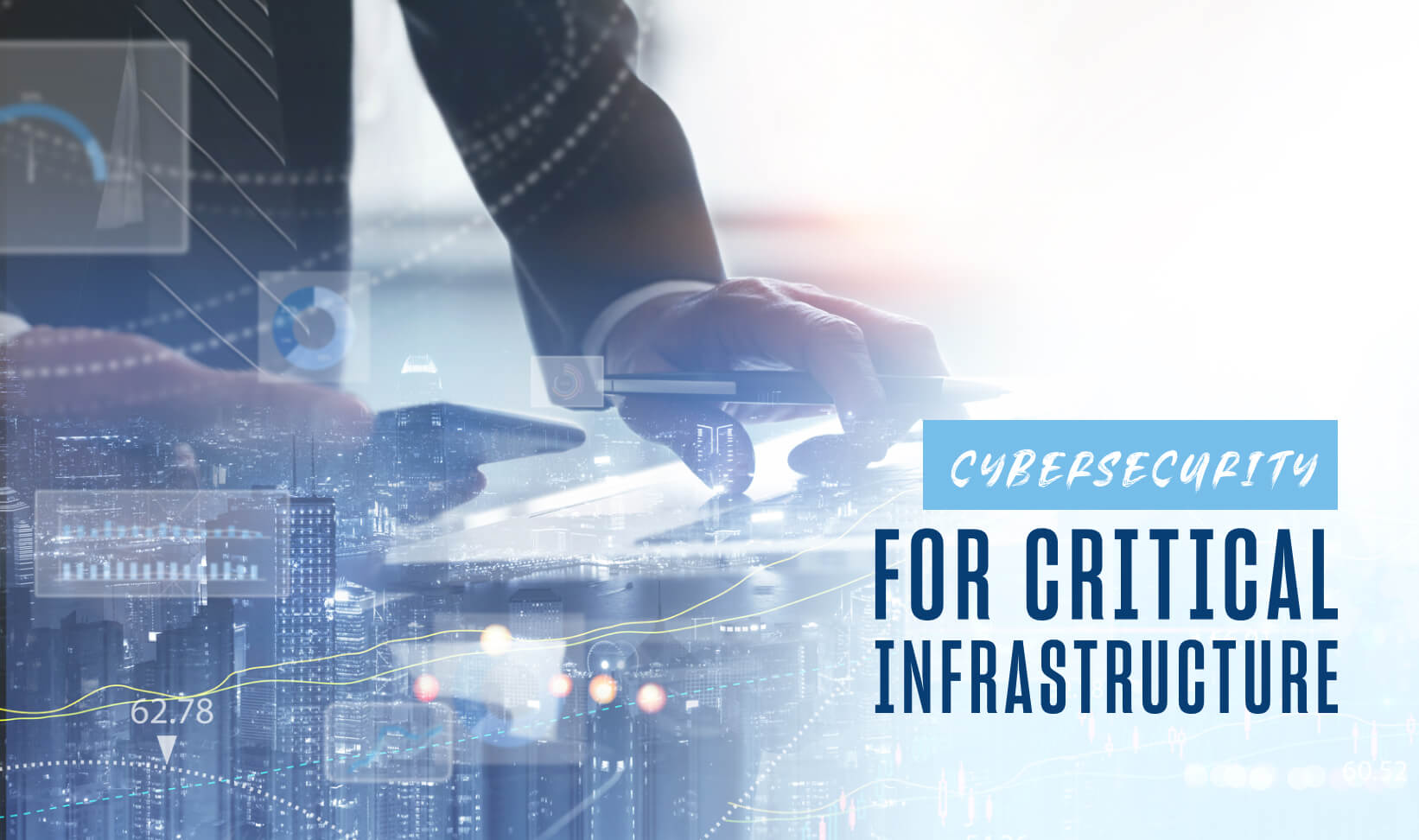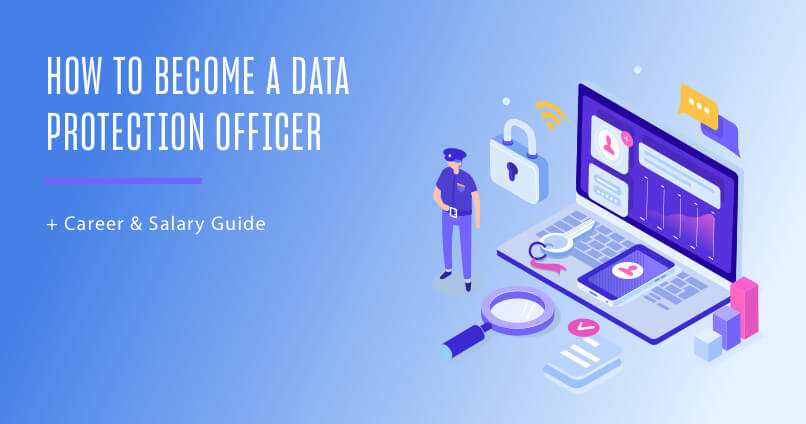Critical infrastructure cybersecurity has become a paramount concern at the intersection of national security, economic well-being and public safety. These infrastructural systems, which encompass everything from emergency services to public health mechanisms, are the backbone of a functioning society.
Yet, as technology advances, so do the challenges posed by cybersecurity threats. These increasingly sophisticated and widespread threats not only jeopardize the smooth operation of essential services but also pose potentially catastrophic consequences.
For cybersecurity professionals, understanding the intricacies of protecting critical infrastructure is not just recommended — it’s indispensable. Such expertise elevates one’s competence and unveils a broad spectrum of career possibilities in both governmental and corporate sectors. This blog post explores those opportunities and outlines the essential skills professionals need to defend them effectively.
Critical Infrastructure Sectors in Need of Cybersecurity
Critical infrastructure systems are integral to our daily lives, powering homes, providing clean water and ensuring swift emergency responses. As these systems grow more interconnected and digitalized, the surface for potential cyberattacks expands. A breach in any of these sectors can have dire implications.
Power Grids
Power grids are vast networks that distribute electricity from transmission lines directly to consumers. The operation is intricate, often regulated on a state-by-state basis, ensuring homes, businesses and critical institutions remain powered.
With increased digital connectivity and the incorporation of industrial control systems, the susceptibility of power grids rises. A successful breach can cause widespread blackouts, crippling cities or entire states.
Disruptions in power grids can also lead to loss of life (hospitals without power), economic setbacks (businesses shutting down) and infrastructure failures (traffic lights, transportation systems).
Water Treatment Plants
These facilities are responsible for the purification and distribution of water, a basic necessity for all communities.
As automation and smart systems become more prevalent in water infrastructure cybersecurity, the opportunities for cyber threats grow. Hackers could manipulate the treatment process, introducing harmful chemicals or halting the purification altogether.
Cyberattacks could lead to communities receiving contaminated water and causing public health crises. This affects direct consumption as well as agricultural, industrial and recreational activities.
Emergency Response Systems
These systems ensure rapid response to various emergencies, from fires to health crises, safeguarding the populace.
As these systems become more digitized, there’s an increasing risk of interference. Hackers might redirect emergency services, delay responses, or even disable communication channels.
Hindered response times can drastically elevate the severity of emergencies. In events such as fires or medical emergencies, every second counts and cyber interference can mean the difference between life and death.
Protecting these critical sectors is not just about safeguarding assets but also preserving our way of life. The next sections will examine the skills professionals need to combat these threats effectively.
Important Cybersecurity Skills
There are numerous core competencies that employers prioritize when hiring cybersecurity personnel. These skills not only form the foundation of a robust cybersecurity professional, but also pave the way for innovation and adaptability in addressing emergent threats. Here are some of the foundational skills needed to keep critical infrastructure secure from cyber attacks.
Data Management and Analysis
In a world that relies heavily on data, the ability to manage, filter and interpret this information is crucial. Effective data management aids in discerning patterns and anomalies, vital for predicting and identifying cyber threats.
Programming
Knowledge of programming languages allows professionals to understand the structure of software, craft security applications and find vulnerabilities in existing systems.
Fundamental Technology Skills
A strong grasp of basic technology concepts, systems and platforms is indispensable. This forms the foundation upon which advanced cybersecurity techniques are built.
Risk Management
Understanding potential risks, their implications and formulating strategies to mitigate them is a key skill. It encompasses evaluating vulnerabilities and strategizing response actions.
Cloud Computing
As businesses migrate to the cloud, understanding its architecture, vulnerabilities and security protocols becomes paramount. Cloud cybersecurity ensures data protection, even in virtual environments.
Automation Abilities
Leveraging automation can streamline tasks, detect threats in real-time and enhance security protocols. Professionals need to know how to set up and maintain automated systems efficiently.
Strong Reasoning and Troubleshooting Skills
Cyber threats can be elusive. Logical reasoning and problem-solving acumen help with understanding and neutralizing threats swiftly.
Communication
Conveying technical details to non-technical stakeholders, collaborating with teams and reporting threats all demand effective communication skills.
Versatility
The cybersecurity landscape is dynamic. Being versatile allows professionals to effectively adapt, learn and respond to new challenges and threats.
For those aspiring to hone these skills and ascend the cybersecurity ladder, the University of San Diego offers two paths. By enrolling in either the MS in Cyber Security Operations and Leadership or the MS in Cyber Security Engineering, students can cultivate these competencies and more. Both programs include a hands-on curriculum, designed in collaboration with cybersecurity thought leaders and delivered by a seasoned faculty with rich industry experience.
Cybersecurity Career Outlook
The career trajectory for those in the cybersecurity field is promising. Information security analysts, in particular, are experiencing a surge in demand, with 35% job growth expected through 2031. This boom translates to approximately 56,500 new job opportunities in that career path alone.
In addition to the promise of job security, the cybersecurity field offers lucrative financial benefits. As of September 2023, the median pay for cybersecurity professionals stands at an impressive $106,959 annually. The following are additional positions, what each role entails and salary information:
| Position | Description | Average Annual Salary |
| Incident response analyst | Specialists who address and manage the aftermath of a security breach or cyberattack, aiming to limit damages and reduce recovery time and costs. | $93,488 |
| Cryptographer | Experts in creating codes to protect information. They develop algorithms, ciphers and security systems to encrypt sensitive information. | $54,684 |
| Cybersecurity consultant | Professionals who assess and analyze an organization’s security posture, recommend solutions and often assist with the implementation of security measures. | $87,735 |
| Cybersecurity architect | Responsible for designing and overseeing the implementation of comprehensive cybersecurity systems, ensuring all parts of an organization’s digital infrastructure are well protected. | $141,799 |
(Note: Salaries mentioned are average figures and may vary based on experience, region and other factors.)
Charting Your Course in Cybersecurity
Critical infrastructure cybersecurity is a linchpin in safeguarding national security, economic well-being and public health. From the intricate challenges of protecting power grids and water treatment facilities to the crucial skills every cybersecurity professional should cultivate, it’s evident that the sector demands expertise and adaptability.
With a rapidly expanding job market and enticing salaries, a cybersecurity career promises both professional growth and the opportunity to make a significant societal impact. For those interested in diving deeper into the financial prospects of the field, download our guide, Top Paying Cybersecurity Jobs in 2023, and equip yourself with knowledge to navigate this dynamic sector.




